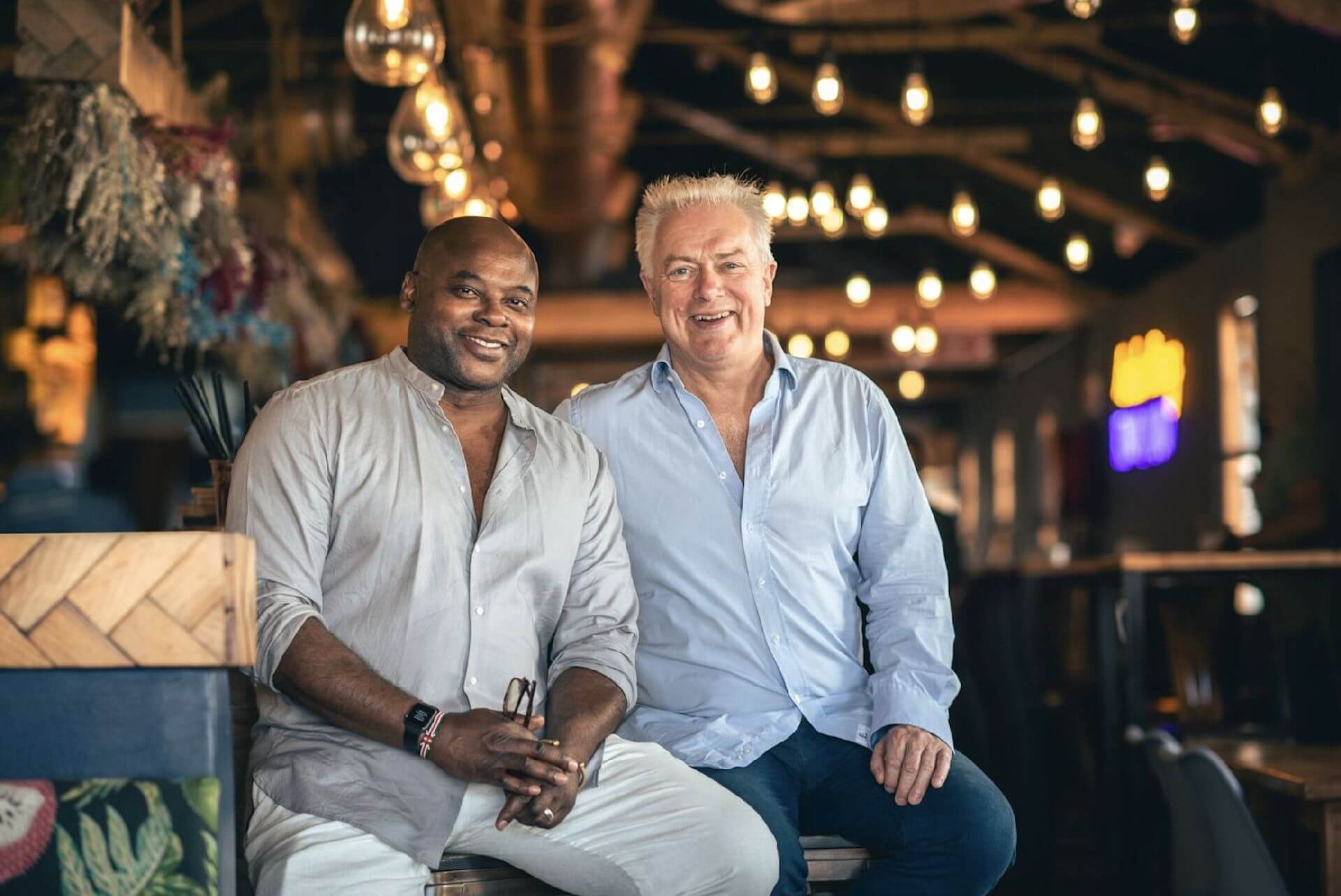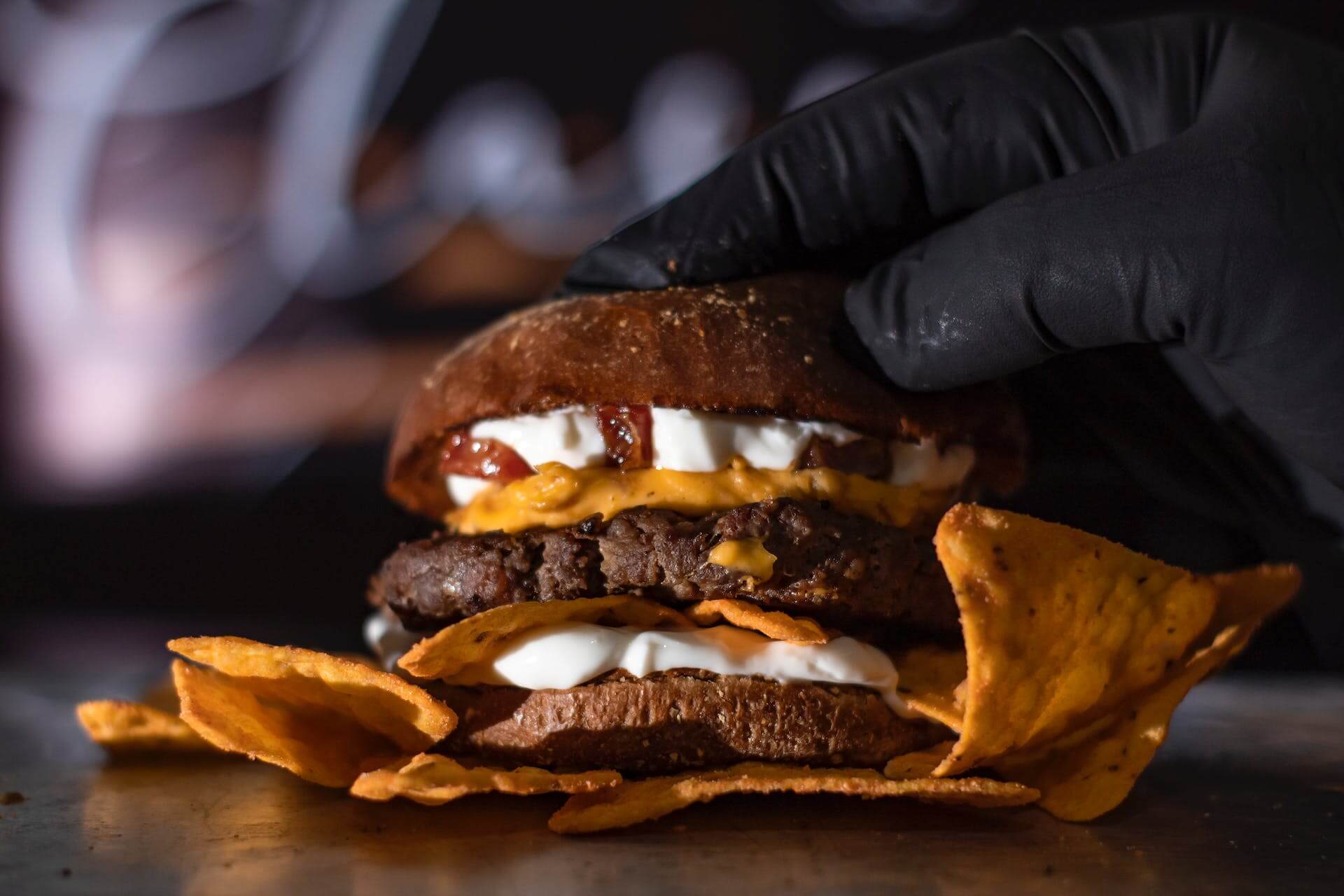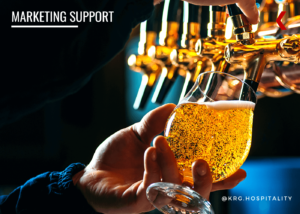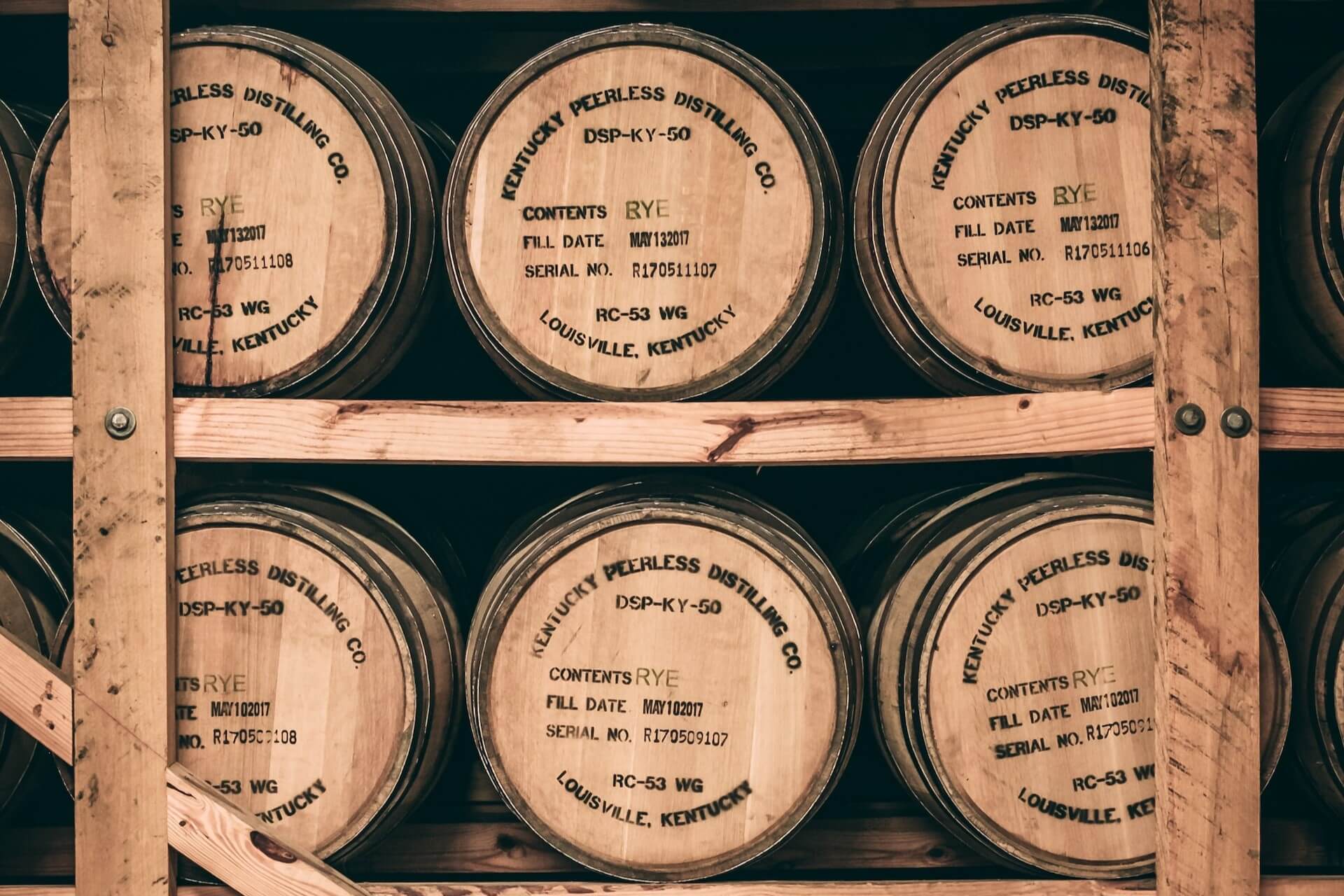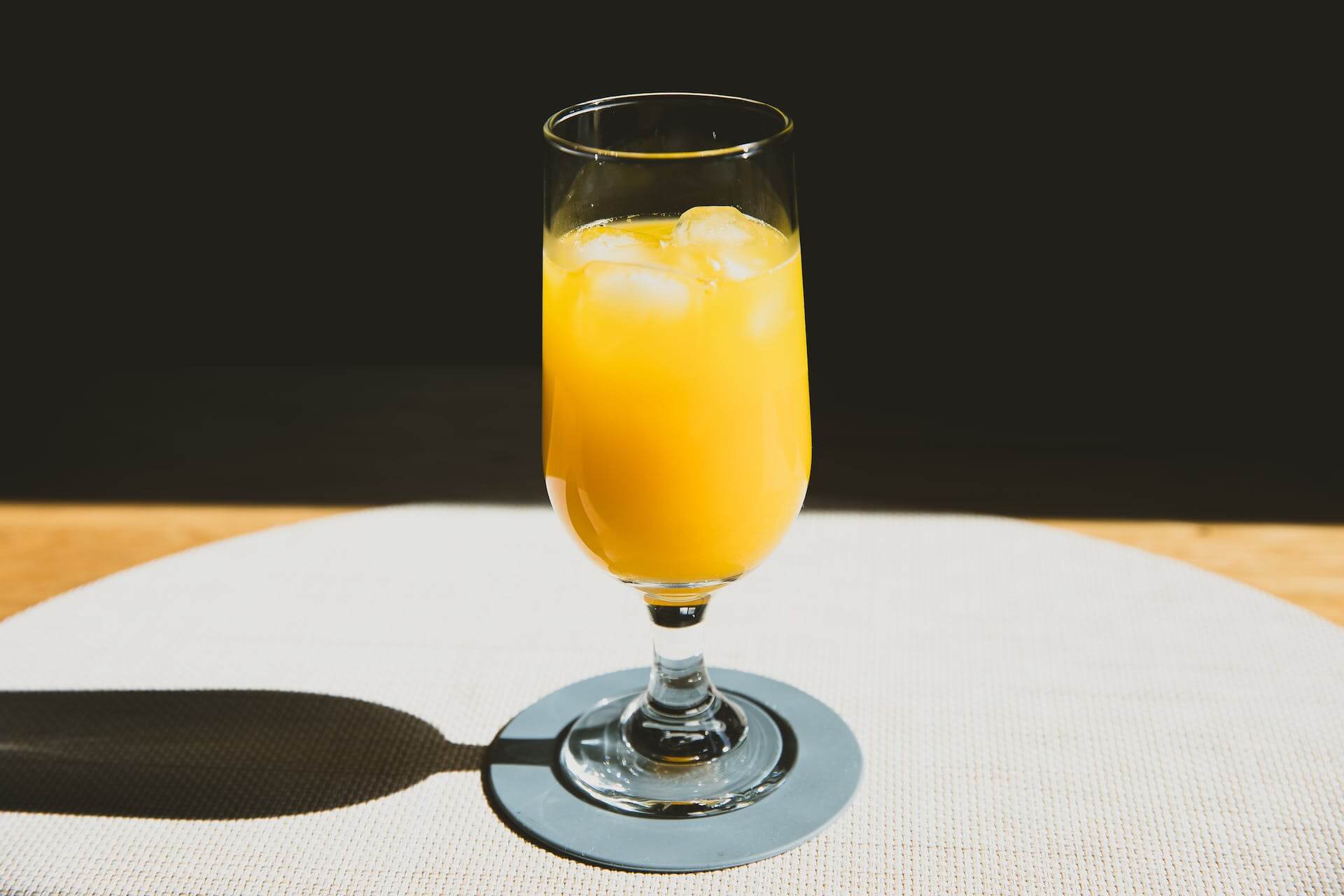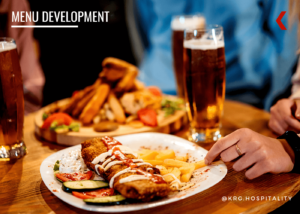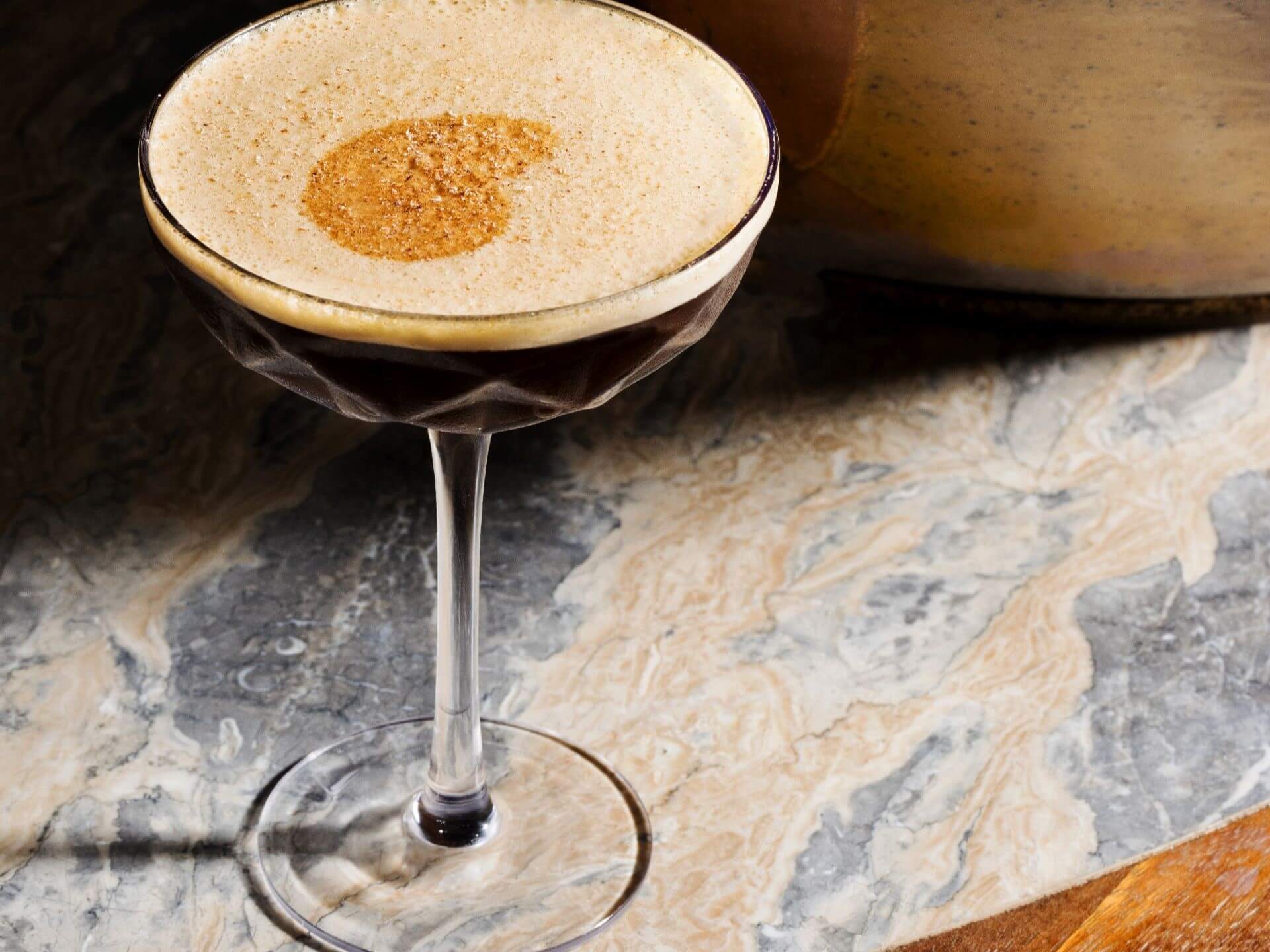Grubhub Reveals 2023 Order Trends
by David Klemt
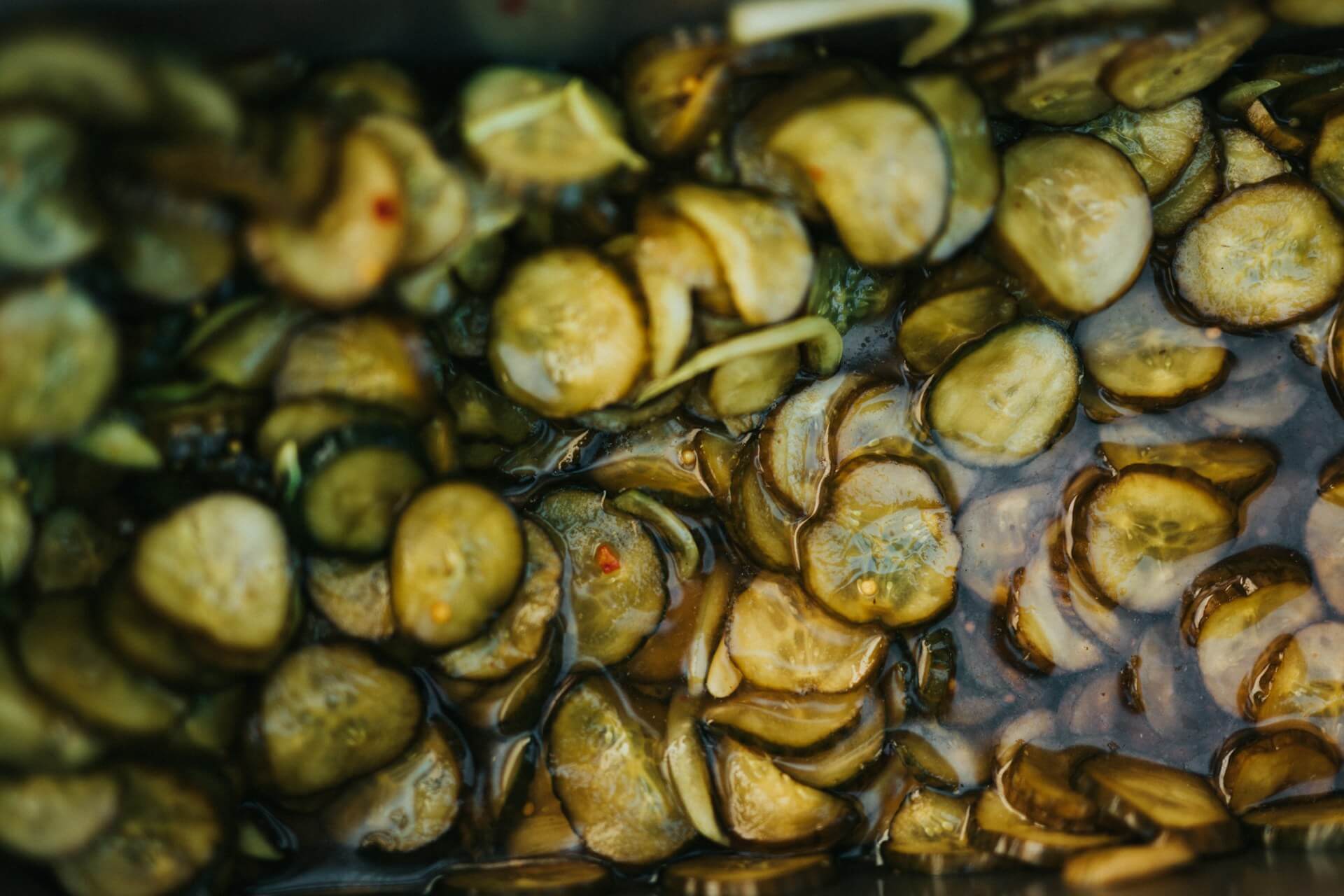
Just under the wire Grubhub releases their annual end-of-year report, revealing their customers’ top ordering trends of 2023.
Uber Eats and DoorDash unveiled their reports at the end of October and start of November, respectively.
To revisit 2022 for a moment, the top food item ordered via Grubhub was the burrito. So, the unofficial theme of last year’s annual report was warmth and comfort wrapped in layers.
I’m providing that context because this year’s report also comes with a theme. This year, it’s “doing it for the vibes.” For Grubhub, this means that users of the service broke out of their comfort zones to try new F&B items.
Providing an example, one of the standout trends for 2023 is heat. As in, Grubhub users added spice to quite a lot of orders, as you’ll see below.
Click here to review Grubhub’s top 2022 food orders, and here for their 2022 beverage orders. To review this year’s Grubhub report in its entirety, click here.
Now, let’s take a look at a number of this year’s ordering trends.
Soft Drinks & Coffee
Usually, I start with food items when reviewing these reports. Well, once you become predictable, you become beatable. So, I’m going to shake things up and begin with beverages.
According to Grubhub, a TikTok trend—#dietcokebreak—is responsible for the growth of Diet Coke on the platform. In fact, the third-party delivery service says that in-office orders of Diet Coke grew by 17 percent. No surprise, then, that the soda grabbed the top spot in 2023.
Top 5 Sodas
- Diet Coke
- Coke
- Sprite
- Dr. Pepper
- Ginger Ale
Next, coffee orders. Per this year’s Grubhub report, people weren’t shy about ordering coffee outside of the breakfast and lunch dayparts.
According to their data, more than 10 million coffee orders were placed after 5:00 PM.
Top 5 Coffee Orders
- Iced Coffee
- Caramel Frappe
- Mocha Frappe
- Cappuccino
- Hot Coffee
Food & Flavors
Here’s an interesting revelation: more than 600,000 Grubhub users chose to order salads with a side of French fries.
In fact, the French fry is the top ordered side in 2023 on the platform. So, Grubhub ranked fries by style.
Top 5 French Fry Styles
- Classic cut
- Waffle fries
- Cheese fries
- Sweet potato fries
- Curly fries
Hey, let’s reignite the pineapple on pizza debate. According to Grubhub’s year-end report, pineapple as a pizza topping grew by 33 percent in comparison to 2022.
However, Hawaiian pizza has some more growth to do if it wants to take the number one spot.
Top 5 Pizza Styles
- Cheese Pizza
- Margherita Pizza
- Pepperoni Pizza
- Buffalo Chicken Pizza
- Hawaiian Pizza
Finally, top flavors. In short, heat is a hit.
Grubhub users added spice to a staggering 53 million orders this year. For further context, sriracha was added to more than 91,000 orders.
And when it comes to chicken wings, Buffalo was the dominant style. I find it interesting, though, that no style of wing made the top five for this category.
Top 5 Spicy Items
- Spicy potato soft tacos
- Spicy chicken sandwich
- Spicy tuna roll
- Hot and sour soup
- Drunken noodles
Bringing this report to a close, the item with the most growth. Pickles grew by 89 percent in 2023, accounting for 6.9 million orders.
So, I guess make sure your pickles, French fries, cheese pizzas, and salads are on point as we head into the New Year.
Image: Nathan Dumlao on Unsplash

